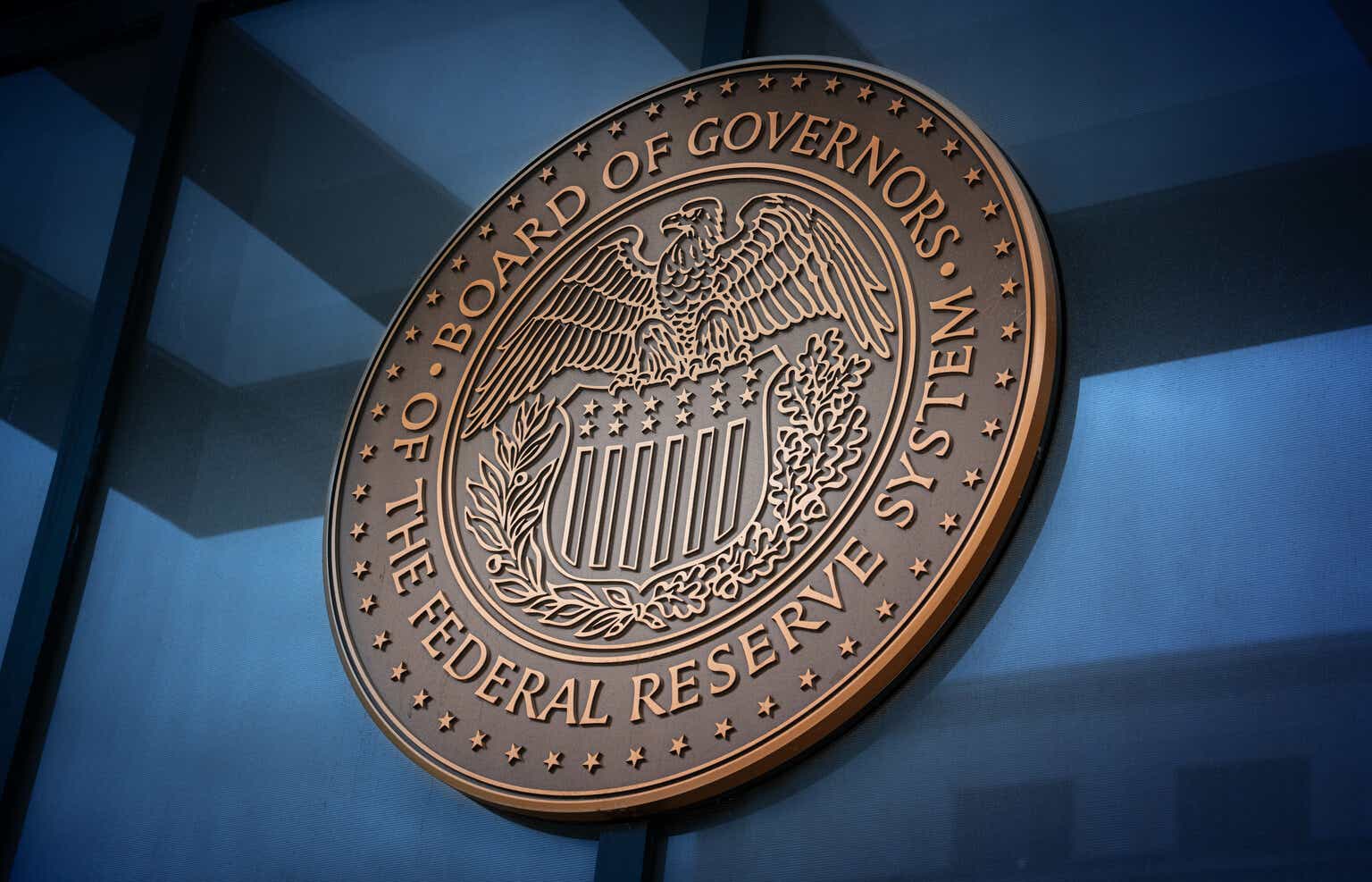

Fool me once
The Federal Reserve got aggressive on Wednesday, beginning its new easing cycle with a bang. The jumbo 50-basis point rate cut was nearly unanimous in an 11-1 vote, while a slim majority of policymakers (10 out of 19 officials) saw the need to lower rates by at least an extra half-point across meetings in November and December. It’s all being geared towards a soft landing, with the eyes of the FOMC now trained on the labor market as inflation moves closer to its 2% target.
Quote: “We are committed to maintaining our economy’s strength,” Fed Chair Jerome Powell announced at a news conference. “This decision reflects our growing confidence that with an appropriate recalibration of our policy stance, strength in the labor market can be maintained… To me, the logic of this – both from an economic standpoint and also from a risk management standpoint – was clear… You can take this as a sign of our commitment not to get behind.”
While there was plenty of chatter going on before the decision, many thought the central bank would start off on a cautious note, as seen in the most recent WSB poll. It also took the markets a while to digest the big cut and what that level might say about the economy. The S&P 500 (SP500) initially rose toward all-time highs but ended the day subdued, only for futures to take off overnight and point to a bumper rally in the session ahead.
Helping clarify matters was the Fed’s so-called “dot plot” – contained within the Summary of Economic Projections. It projected a Fed funds rate that would hit 3.4% by the end of next year (from the current 4.75% to 5% range) and fell from the 4.1% estimate in June. Jay Powell and Co. are clearly not taking any chances this time around after falling behind the curve in 2021 by forecasting a short-lived rise in inflation.
Bottom line: “Transitory” is no longer in the Fed dictionary. (266 comments)
Trading prices
Market makers are watching. The SEC has adopted rule amendments that will decrease the so-called “tick size” between buy and sell prices for certain national market system stocks. It’ll see the spread narrow to half a cent from a full penny, while access fees will also be reduced. “The reforms we adopted today will help promote greater transparency, competition, fairness, and efficiency in our $55T equity markets,” said SEC Chair Gary Gensler. “The reforms are pro-investors. They are pro-capital formation.” (1 comment)
Cash crunch
Boeing (BA) will furlough tens of thousands of white-collar employees amid a strike by its largest union that has halted 737 MAX, 777 and 767 production. “We are planning for selected employees to take one week of furlough every four weeks on a rolling basis for the duration of the strike,” CEO Kelly Ortberg wrote in a memo. Boeing is also at risk of a downgrade by credit-rating agencies if the strike is prolonged. Elsewhere, Stellantis (STLA) is facing the threat of strike, as union workers claim the automaker has not followed through on guarantees made in its labor deal last year. (14 comments)
Top economic risks
JPMorgan (JPM) CEO Jamie Dimon thinks people are overly focused on the soft/hard landing debate, warning that geopolitical tensions pose the biggest risk to global markets for the next 100 years. “The most important thing that dwarfs all other things is the war in Ukraine, what’s going on in Israel, in the Middle East, America’s relations with China and the attack on the rule of law that was set up after World War II,” Dimon declared. “That’s really far more important today than it’s been probably since 1945,” he added, pointing to threats from “evil axis” countries like Iran, North Korea and Russia. (18 comments)







